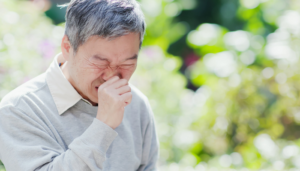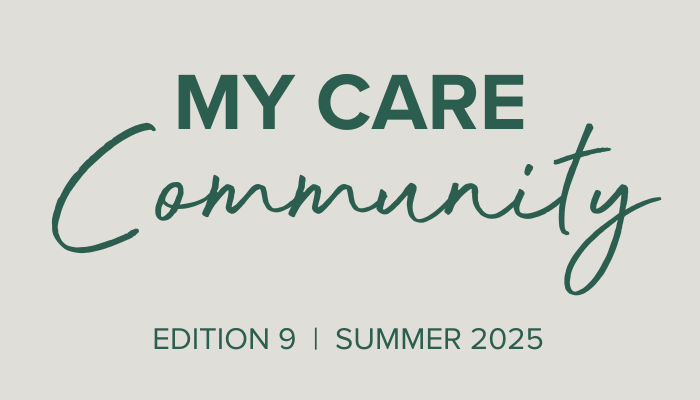As the days get both longer and warmer, and the flowers start to blossom we can’t forget that although this is a beautiful time of the year, many people, including older people, are unable to enjoy the beauty of the season because of the annoyance of hay fever caused by increased pollen in the air.
This seasonal allergy known as hay fever occurs primarily when coming into contact with environmental allergens which includes pollen. It’s in the season of spring that airborne grass pollens are truly at their peak.
Why should I be worried about hay fever?
Having issues with hay fever is more worrying for older people than it is for others. This is because common medications that are used to treat hay fever are not necessarily suitable for older people. They have the potential of causing unwanted side effects like high blood pressure, and is particularly worrying for people who already have cardiovascular issues.
These seemingly harmless allergies can lead to other issues commonly experienced by older people including geriatric rhinitis. This is when the surrounding cartilage of the nose weakens due to ageing and can lead to discomfort in the nose and reduced blood flow.
How to Manage Hay Fever:
- Avoid Possible Allergens
Take preventive measures by looking at what plants which may cause you a reaction. Make sure to move these away from the entrance to your home, including windows. This can prevent pollen drifting indoors when you open up the house on a nice day.
You can also monitor the weather to identify the days when the pollen count is high so you can try to stay indoor doors on these days. As well as consider keeping doors and windows shut and using the air conditioning inside.
- Look for Allergy Symptoms
Don’t assume that as you’ve grown older you’ve outgrown your allergies. Make sure to look out for any of the following hay fever symptoms before they get too severe.
- Sneezing
- A runny or stuffy nose
- Itchy ears, nose, and throat
- Red, itchy or watery eyes
- Headaches
- Inform your doctor
There’s always a chance the symptoms of hay fever are missed or the older person may not be able to express their discomfort, make sure to go to the doctor / take the person to the doctor immediately so they can be treated.
It’s important to note that some over-the-counter medication may not be suitable for seniors and the doctor may instead suggest saline nasal sprays.
- Lifestyle changes
Consider using an air purifier to help filter out all allergens, not just pollen, when inside you’re home.
When out for a walk ensure you’re wearing sunglasses to minimize any potential eye irritation, and then when you get home remove your shoes to avoid tracking pollen inside.
We hope these tips of how to manage hay fever will benefit you during this springtime so you’re still able to ensure the fresh flowers and get outside in the beautiful weather.
Learn more from the experts at SA Health here.




